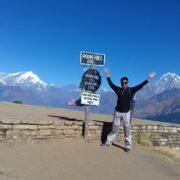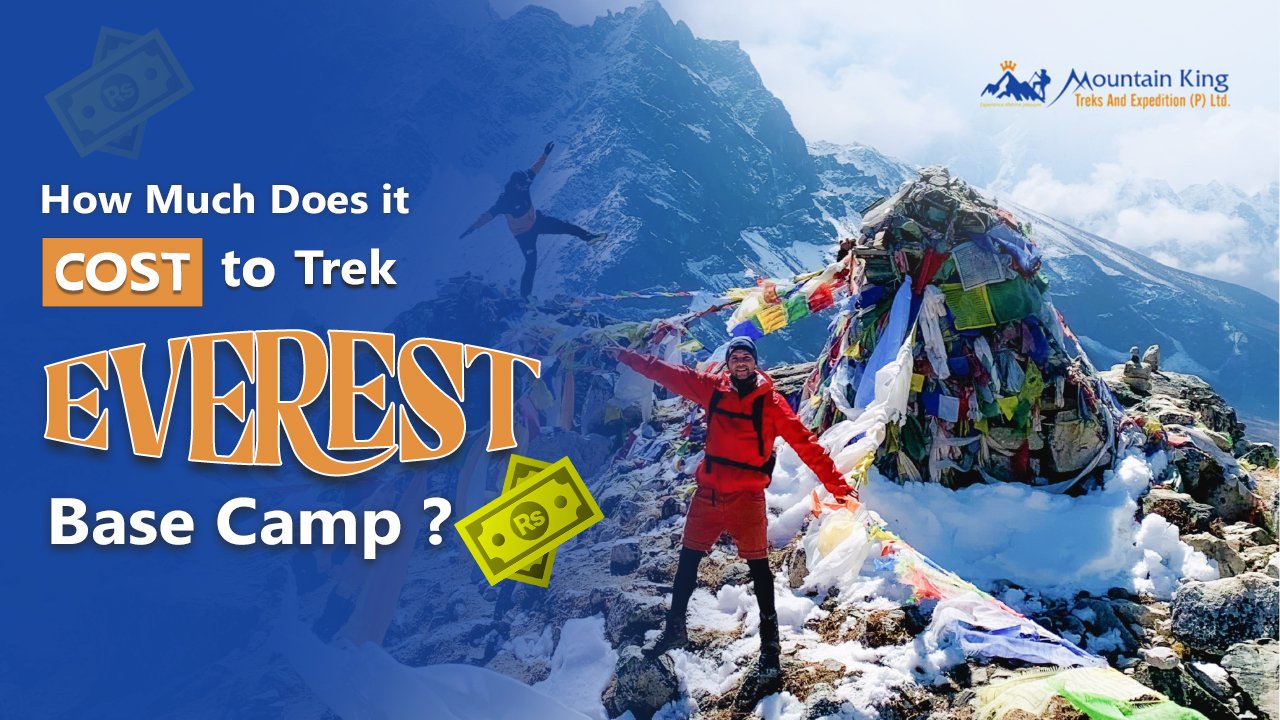
How Much Does It Cost to Trek Everest Base Camp?
The Everest Base Camp (EBC) trek is a once-in-a-lifetime adventure, offering spectacular mountain views, thrilling trails, and a glimpse into the rich culture of the Sherpa people. Despite its global appeal, trekking to Everest Base Camp is surprisingly affordable, especially when compared to similar adventures in other parts of the world.
However, the overall cost can vary significantly based on factors like trek duration, season, trekking style, and your personal preferences. At Mountain King Treks, we pride ourselves on offering clear, transparent pricing and customizable trekking packages that cater to all budgets.
This guide dives into all aspects of the EBC trek costs, from permits and flights to food and accommodation, so you can plan effectively and embark on your dream journey stress-free.
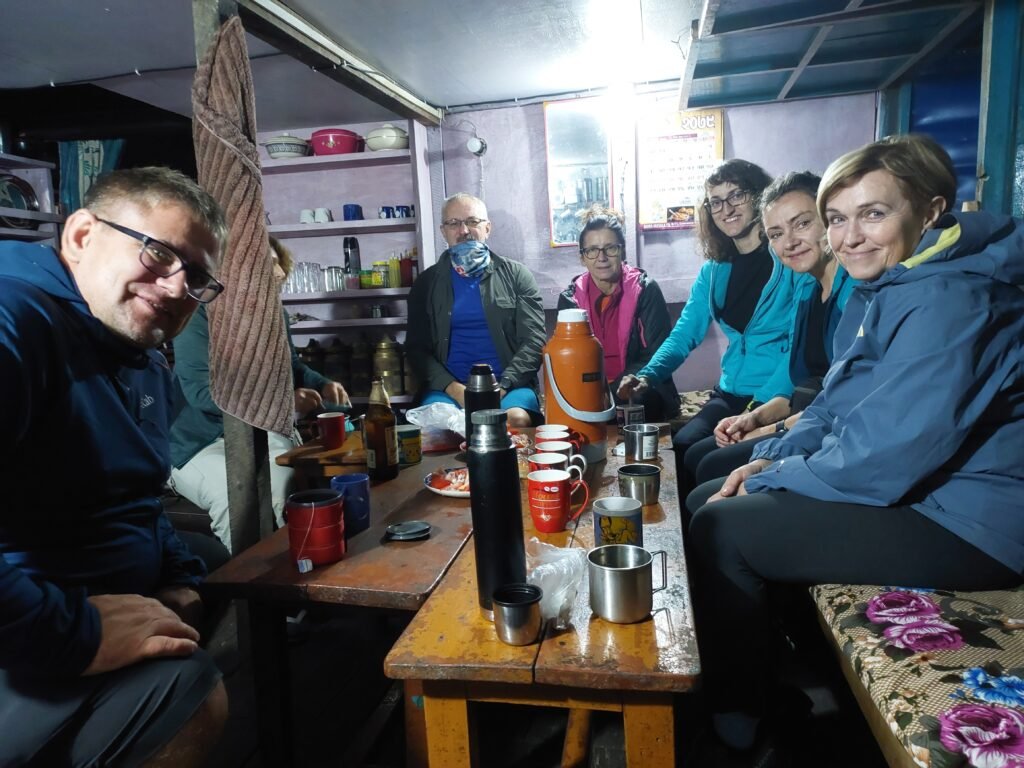
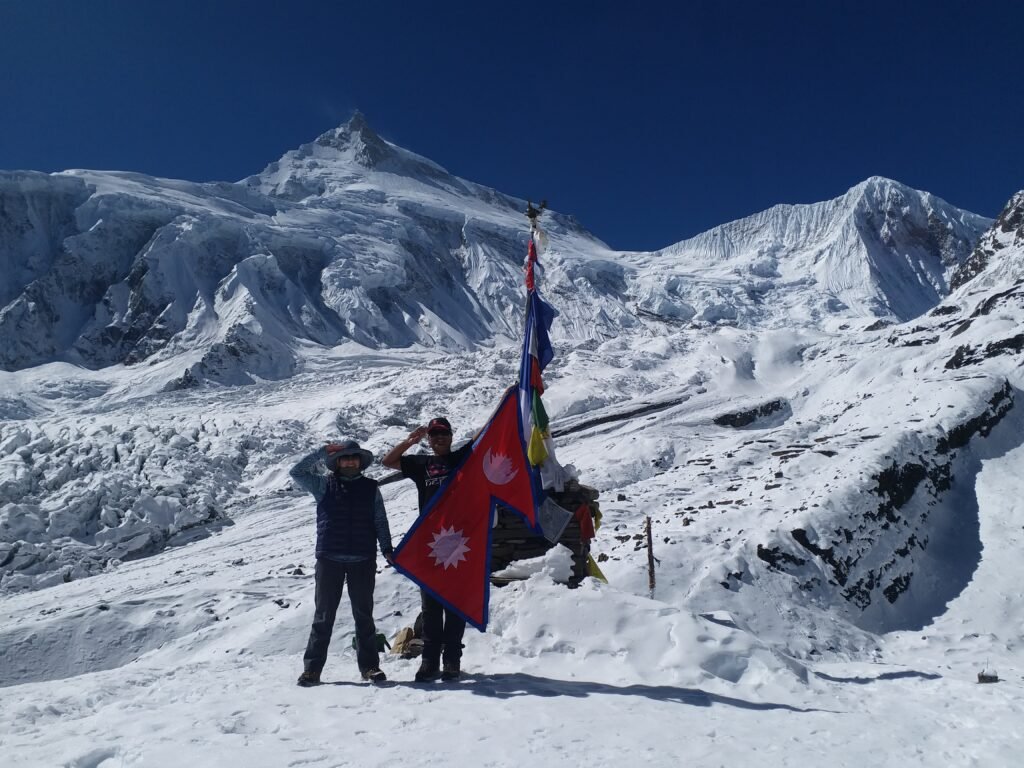
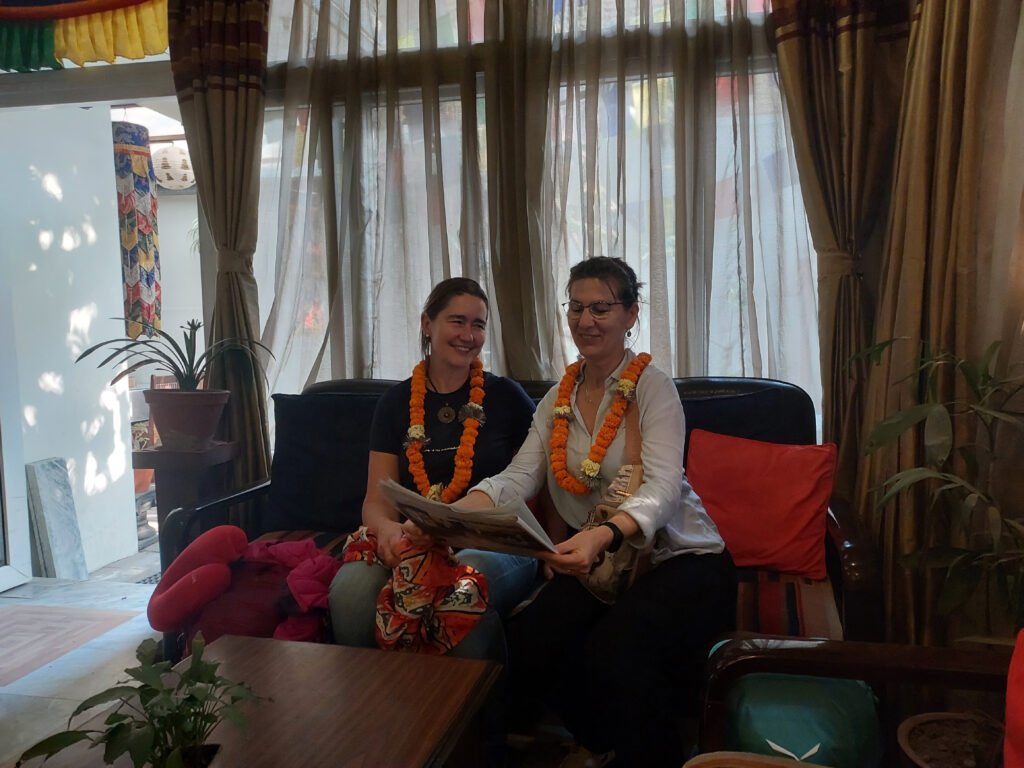
Cost Breakdown of Everest Base Camp Trek
Here’s a detailed analysis of the costs you’ll need to consider:
1. Hiring Guides and Porters
Hiring a professional guide or porter is highly recommended for safety and convenience. Guides provide valuable insights into the region’s culture, history, and environment, while porters help carry your load, leaving you free to enjoy the trek.
- Licensed Guide: $30–$40 per day
- Porter: $25–$30 per day
- Guide-porter (a combined role): $35–$45 per day
If you trek during the peak seasons (spring and autumn), prices may increase slightly due to higher demand. For a hassle-free experience, hiring guides and porters through Mountain King Treks ensures professionalism, fair wages, and experienced support staff.
2. Permit Costs for Trekking
Trekking in the Everest region requires two permits:
- Sagarmatha National Park Entry Permit: $33 (NPR 3,390)
- Khumbu Pasang Lhamu Rural Municipality Permit (Local Area Permit): $20
Unlike some other trekking regions in Nepal, you don’t need a TIMS card for the EBC trek. These permits are easy to arrange and can be included in your trekking package with Mountain King Treks.
3. Flights to Lukla
The fastest way to reach the starting point of the trek is via a domestic flight from Kathmandu to Lukla. Lukla, often called the gateway to Everest, is a 45-minute flight from Kathmandu.
- Round-Trip Flight Cost: $177 (fixed price, year-round)
Delays due to weather conditions are common, so it’s advisable to plan for some flexibility in your itinerary.
Pro Tip:
Flying from Ramechhap to Lukla instead of Kathmandu can save time during peak seasons when Kathmandu airport is crowded.
4. Accommodation and Food Costs
Accommodation and food costs along the trek vary depending on altitude and season. Lower altitudes, such as Phakding and Namche Bazaar, offer a wider range of options at relatively lower costs compared to higher altitudes like Gorakshep and Lobuche.
- Tea House Accommodation: $10–$30 per night
- Meals (Dal Bhat, soups, noodles, etc.): $20–$40 per day
Typical Meal Options Along the EBC Trail:
- Breakfast: Pancakes, porridge, eggs ($4–$6)
- Lunch/Dinner: Dal Bhat (a traditional Nepali meal), fried rice, or noodles ($6–$12)
- Snacks and Drinks: Chocolates, energy bars, tea, and coffee ($2–$5)
Higher altitudes are more expensive due to the increased cost of transporting goods. Carrying reusable water bottles and purification tablets can save you money on bottled water, which costs $2–$5 per liter at higher elevations.
5. Travel Insurance Costs
Trekking to Everest Base Camp involves risks such as altitude sickness, unpredictable weather, and injuries. Comprehensive travel insurance is essential for covering medical emergencies, helicopter evacuation, and high-altitude trekking.
- Insurance Cost: $150–$200 for a 30-day policy
Ensure your policy covers trekking up to 6,000 meters and emergency evacuation by helicopter.
6. Trekking Gear Costs
Having the right trekking gear is crucial for comfort and safety during the trek. While buying new gear can be expensive, renting equipment in Kathmandu is a cost-effective option.
- Estimated Cost: $500–$2,000 (depending on what you already own)
Essential Trekking Gear Checklist:
- Sturdy trekking boots
- Thermal base layers and fleece
- Waterproof jackets and pants
- Sleeping bag (rated for -10°C or lower)
- Trekking poles
- Headlamp and extra batteries
Rental shops in Kathmandu offer trekking gear at affordable rates, allowing you to save on upfront costs.
7. Miscellaneous Expenses
Other expenses to consider include:
- Charging electronic devices: $2–$5 per charge
- Wi-Fi access: $2–$5 per session
- Hot showers: $2–$6 per use
- Snacks (e.g., chocolate bars, chips): $3–$10 per item
- Tipping for guides and porters: $5–$10 per day
Additionally, you may wish to budget for donations at local monasteries or schools along the trail.
8. Optional Costs
For those looking to enhance their trekking experience, there are optional expenses to consider:
- Helicopter Return: $3,800 (Gorakshep to Kathmandu, shared among 5 passengers)
- Luxury Accommodations in Namche Bazaar: Starting at $100 per night
Cost-Saving Tips for Everest Base Camp Trek
- Travel in Groups: Sharing costs for guides, porters, and transportation can significantly reduce individual expenses.
- Opt for Off-Season Travel: Costs for accommodation, guides, and flights are lower during off-season months (summer and winter).
- Use Classic Routes: Walking the Jiri-to-Lukla route can save on flight costs.
- Stock Up in Kathmandu: Buy snacks, water purification tablets, and other essentials before heading to the trail.
Total Estimated Costs for the EBC Trek
Depending on your preferences and trekking style, the total cost of trekking to Everest Base Camp can range between $1,200 and $3,000.
| Category | Estimated Cost |
| Guide and Porter | $500–$800 |
| Permits | $53 |
| Flights | $177 |
| Accommodation and Food | $300–$500 |
| Travel Insurance | $150–$200 |
| Trekking Gear | $500–$2,000 (or rental) |
| Miscellaneous Expenses | $100–$300 |
| Total | $1,200–$3,000 |
Why Choose Mountain King Treks?
At Mountain King Treks, we take the guesswork out of budgeting by offering customizable trekking packages tailored to your needs. Our packages include:
- Professional guides and porters
- Permit arrangement
- Accommodation and meals
- Flight bookings
- 24/7 support during your trek
With years of experience and a commitment to ethical and sustainable tourism, we ensure that your Everest Base Camp adventure is safe, enjoyable, and unforgettable.
Final Thoughts
Trekking to Everest Base Camp is not just about reaching the destination—it’s about the journey, the culture, and the breathtaking views along the way. While costs can vary, careful planning and the right trekking partner, like Mountain King Treks, can help you manage your budget while maximizing your experience.
Are you ready to conquer the trails to Everest Base Camp? Contact Mountain King Treks today and let us help you plan your dream adventure!
FAQs
Q: How much does it cost to trek to Everest Base Camp independently?
A: Independent treks can cost as low as $1,000, but they lack the safety and guidance provided by professional trekking companies.
Q: When is the best time to trek Everest Base Camp?
A: The best times are spring (March to May) and autumn (September to November) when the weather is clear and trails are accessible.
Q: Do I need prior trekking experience?
A: While prior experience is helpful, anyone with moderate fitness can complete the EBC trek with proper preparation and acclimatization.
Recent Posts
Poon Hill Trek – Short and Scenic Sunrise Trek in the Annapurna Region with Mountain King Treks
How to Stay Safe and Healthy While Trekking in Nepal
The Four Narayan Temples in Four Directions Protecting Kathmandu Valley

Thailand

